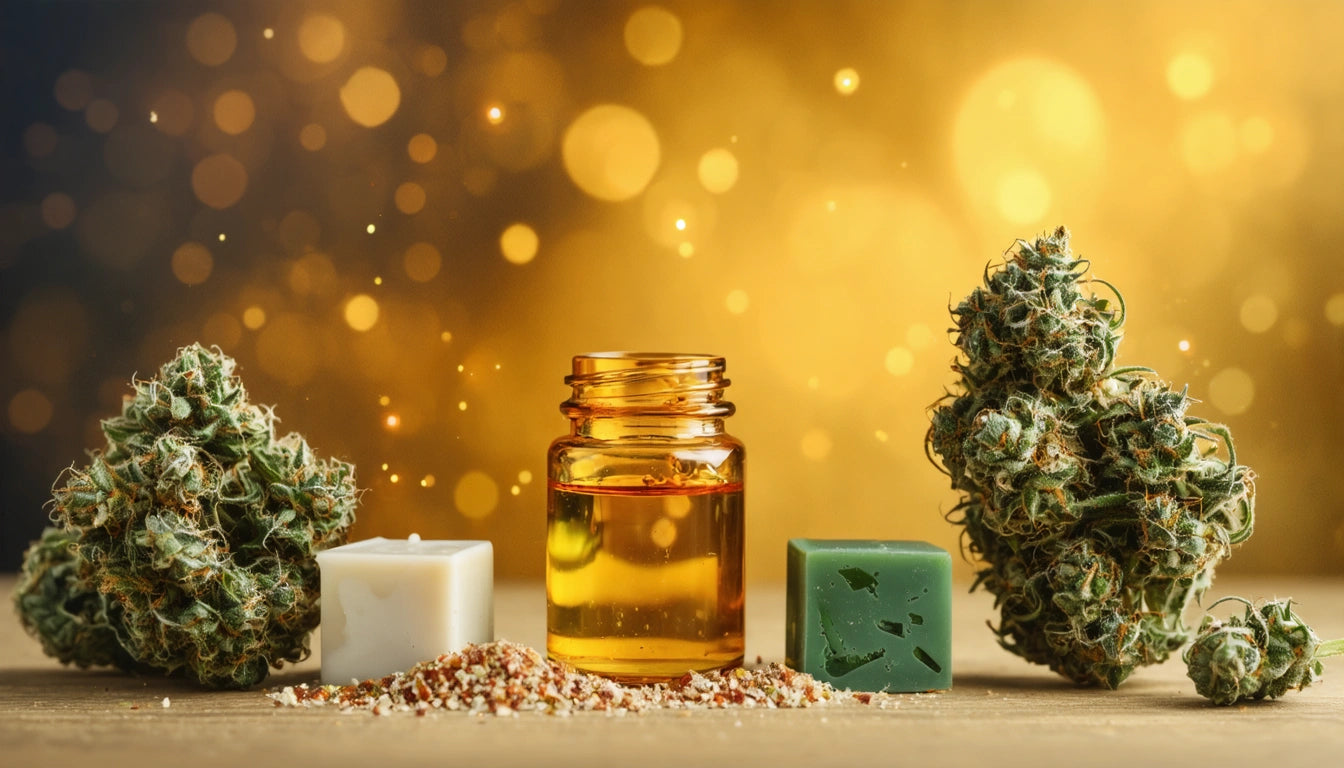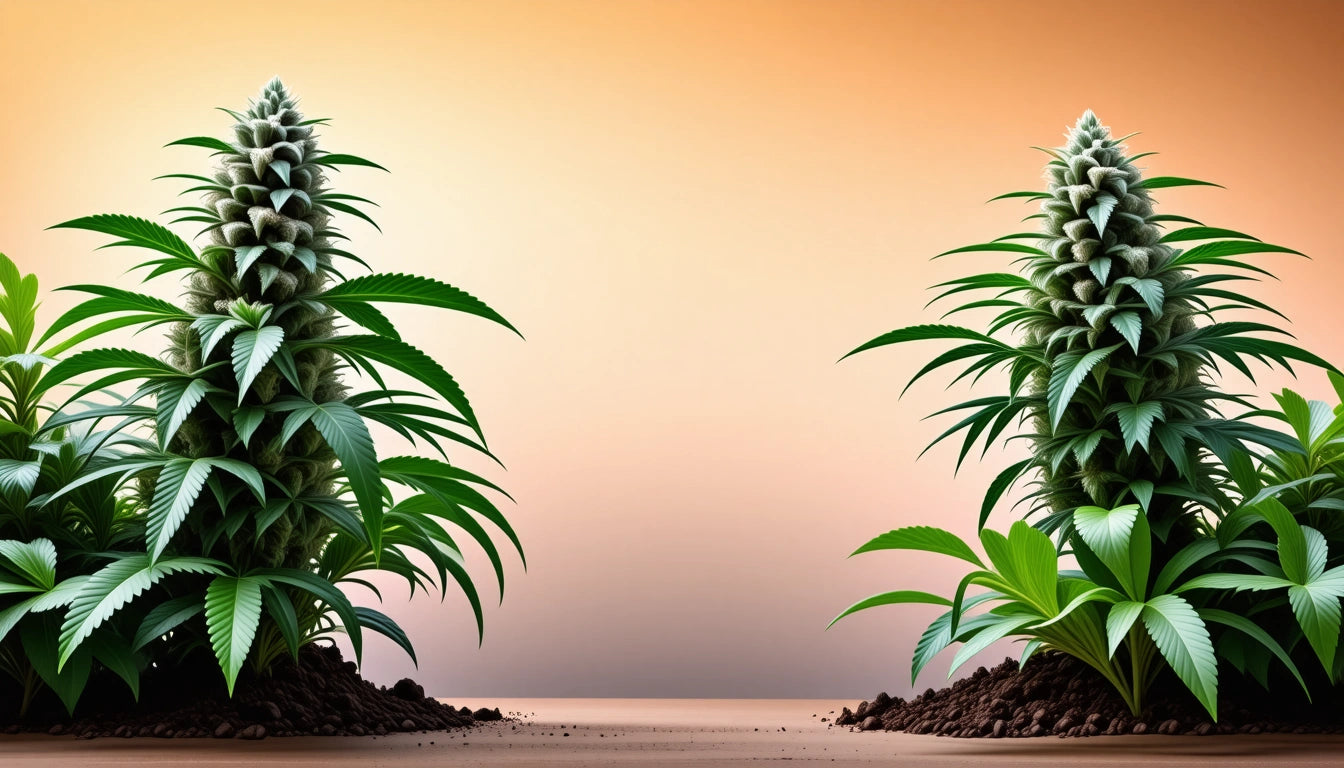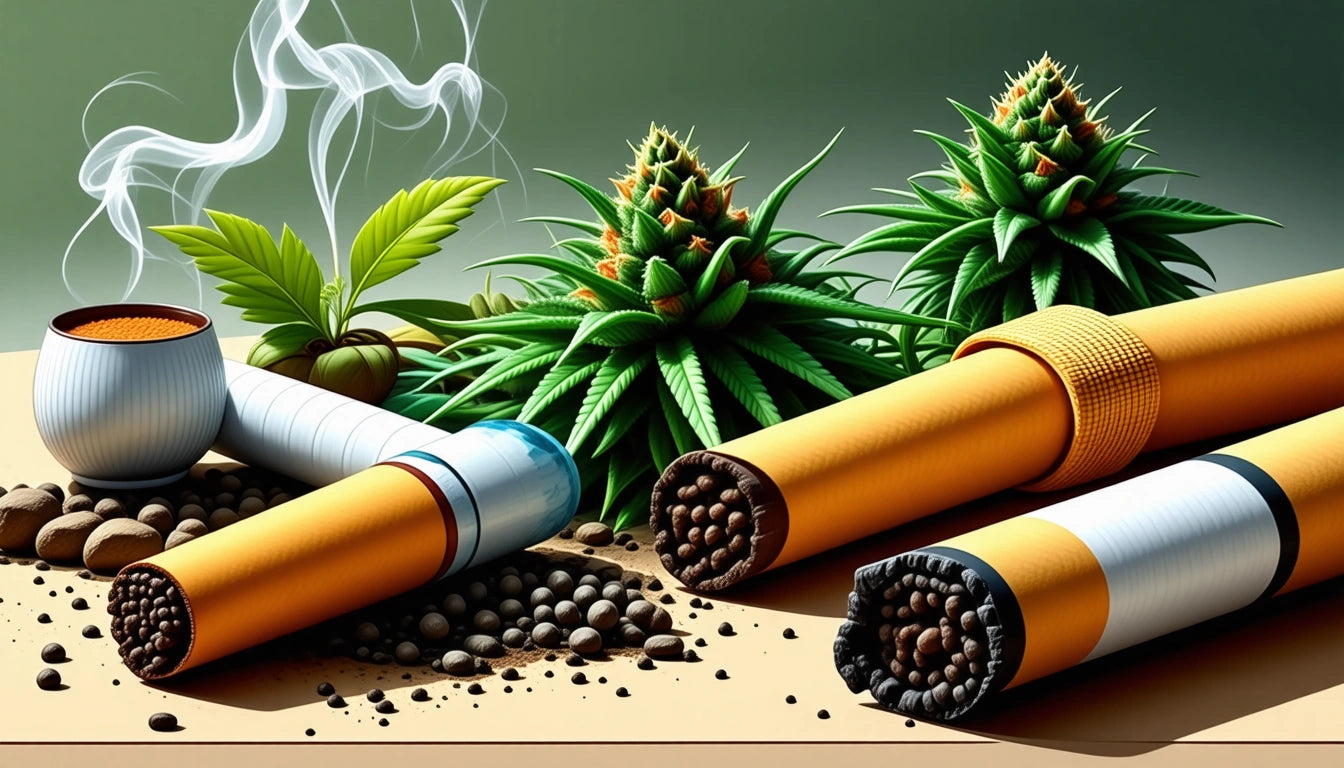Table of Contents
- What is Cannabis Wax? Understanding Concentrated Forms
- Wax vs Weed: Key Differences in Composition and Potency
- What is in Wax? Composition and Extraction Methods
- Consumption Methods: How Cannabis Wax is Used
- Comparing Effects: Weed Oil vs Wax vs Flower
- Production Considerations for Cannabis Concentrates
Understanding Wax vs Weed: Cannabis Concentrates Explained
The cannabis industry continues to evolve with various consumption methods gaining popularity beyond traditional flower. Among these, cannabis concentrates, particularly wax, have emerged as potent alternatives that offer different experiences and benefits. Understanding the distinctions between wax vs weed (flower) helps consumers make informed choices about their cannabis consumption.
What is Cannabis Wax? Understanding Concentrated Forms
Cannabis wax is a highly concentrated form of marijuana that gets its name from its appearance and texture, which resembles beeswax or ear wax. As a potent extract, what is marijuana wax exactly? It's essentially a concentrated form of cannabinoids and terpenes extracted from the cannabis plant using solvents like butane or CO2.
The concentration process removes plant material and isolates the active compounds, resulting in THC levels that typically range from 60% to 90%, significantly higher than traditional flower, which averages 15-25% THC. This makes wax considerably more potent than conventional cannabis flower.
Wax vs Weed: Key Differences in Composition and Potency
When comparing wax vs weed, several fundamental differences become apparent:
- Potency: Wax contains significantly higher concentrations of cannabinoids, often 3-4 times stronger than flower.
- Consumption Method: While flower is typically smoked in joints, pipes, or bongs, wax requires specialized equipment like dab rigs or vaporizers.
- Onset and Duration: Wax typically produces more immediate and intense effects but may have a shorter duration than flower.
- Flavor Profile: The extraction process can either concentrate or diminish terpenes, affecting the flavor experience compared to flower.
Understanding these differences helps consumers determine which form best suits their preferences and tolerance levels.
What is in Wax? Composition and Extraction Methods
For those wondering what is in wax weed, the composition primarily includes:
- Cannabinoids (primarily THC, but also CBD and minor cannabinoids)
- Terpenes (aromatic compounds that provide flavor and may contribute to effects)
- Trace amounts of plant lipids and waxes
- Potentially residual solvents (in products that aren't properly purged)
The extraction process determines much of what ends up in the final product. Understanding THC wax production involves recognizing the different extraction methods:
Butane Hash Oil (BHO) extraction uses butane as a solvent to strip cannabinoids from plant material. This requires specialized filling and processing equipment to ensure safety and product consistency during the manufacturing process. The equipment helps control the precise amount of product in each container while maintaining quality standards.
CO2 extraction uses pressurized carbon dioxide to separate compounds from the plant material, generally considered safer as it leaves no toxic residue.
Solventless methods like rosin pressing use heat and pressure rather than chemicals to extract concentrates, appealing to those concerned about chemical residues.
Consumption Methods: How Cannabis Wax is Used
When exploring what is weed wax used for, several consumption methods stand out:
Dabbing
The most common method involves heating a dab rig's nail to high temperatures and applying a small amount of wax, creating vapor that's inhaled. Various methods for smoking THC wax have evolved as the concentrate market has matured.
Vaporizing
Specialized vape pens and devices designed for concentrates offer a more portable option than traditional dab rigs.
Adding to Flower
Some consumers add small amounts of wax to flower in joints or bowls to increase potency, sometimes called "twaxing."
Edible Applications
Though less common, wax can be incorporated into edibles, though this requires decarboxylation and careful dosing. What happens if you eat cannabis wax depends largely on whether it's been properly decarboxylated and how it's consumed.
Comparing Effects: Weed Oil vs Wax vs Flower
When considering weed oil vs wax and traditional flower, the effects vary considerably:
- Intensity: Concentrates like wax and oil typically deliver more immediate and powerful effects due to higher cannabinoid content.
- Duration: While more intense, the effects of concentrates may not last as long as those from flower for some users.
- Entourage Effect: Flower contains the full spectrum of the plant's compounds, potentially creating a different experience than isolated concentrates.
- Tolerance Development: Regular concentrate users may develop higher tolerance levels more quickly than flower consumers.
The choice between these forms often comes down to individual preferences, desired effects, and consumption convenience. Safety considerations when using cannabis wax should also factor into this decision.
Production Considerations for Cannabis Concentrates
For businesses in the cannabis industry, understanding what goes into producing quality concentrates is essential. Professional production requires:
- Laboratory-grade equipment and controlled environments
- Strict adherence to safety protocols due to flammable solvents
- Proper purging techniques to remove residual solvents
- Quality testing for potency, purity, and contaminants
- Appropriate packaging designed specifically for concentrates
As the concentrate market continues to expand, manufacturers are developing more refined production methods and innovative product formulations to meet consumer demand for potent, clean, and flavorful options. The distinction between flower and concentrates represents not just different consumption preferences but an evolution in how cannabis compounds are isolated and utilized for various effects and applications.











Leave a comment
All comments are moderated before being published.
This site is protected by hCaptcha and the hCaptcha Privacy Policy and Terms of Service apply.